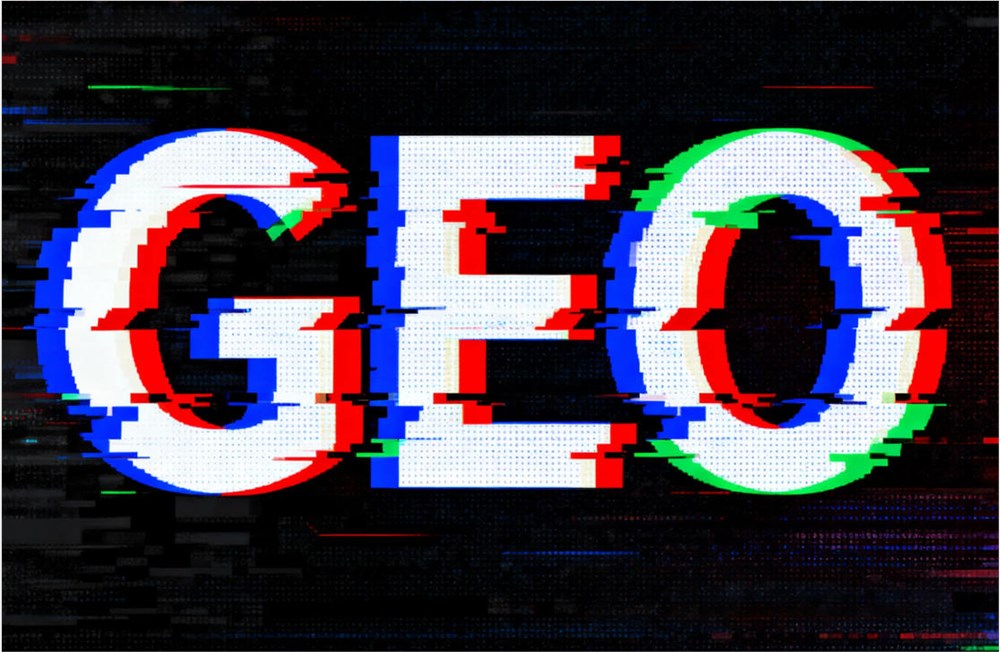In this era of information explosion, we are exposed to vast amounts of data daily. But have you ever considered that our memories might not be as reliable as we think? Recently, a study from MIT revealed a startling fact: AI, especially those capable of conversation, could implant "false memories" in our minds.
AI as Memory "Hackers" Altering Your Brain's Memories Unknowingly
First, let's clarify what "false memories" are. Simply put, they are events we remember happening but never actually occurred. This isn't a scenario from a science fiction novel; it's a real phenomenon present in everyone's brain. For example, you might vividly remember getting lost in a mall as a child, when in reality, it could just be a scene from a movie you watched.

So, how does AI become the "magician" of memories? Researchers conducted an experiment where 200 volunteers watched a crime video and were then questioned in four different ways: through a traditional questionnaire, a scripted chatbot, and a large language model (LLM)-driven chatbot that could improvise. The results showed that volunteers interacting with the LLM chatbot experienced over three times more false memories!
What's going on here? Researchers found that these chatbots, through their questions, could subtly guide our memories in the wrong direction. For instance, if a chatbot asked, "Did you see the robber drive up to the mall entrance?" even if the video showed the robber walking, some might "remember" seeing a car due to the question.

Even more surprising is that these AI-implanted false memories are not only numerous but also remarkably persistent. Even a week later, these false memories remained firmly in the volunteers' minds, and they were highly confident in them.
Who is More Susceptible?
So, who is more likely to be affected by AI-implanted false memories? Studies found that those less familiar with chatbots but interested in AI technology are more susceptible. This could be due to a preconceived trust in AI, reducing their vigilance towards the authenticity of information.
This research serves as a warning: in fields like law, medicine, and education, where memory accuracy is critical, the application of AI needs to be more cautious. It also poses new challenges for the future development of AI: how can we ensure that AI does not become a "hacker" implanting false memories but rather a "guardian" helping us protect and enhance our memories?
In this era of rapid AI advancement, our memories might be more fragile than we imagine. Understanding how AI affects our memories is not only the task of scientists but also a concern for everyone. After all, memory is the foundation of how we perceive the world and understand ourselves. Protecting our memories is protecting our own future.
References:
https://www.media.mit.edu/projects/ai-false-memories/overview/
https://arxiv.org/pdf/2408.04681










